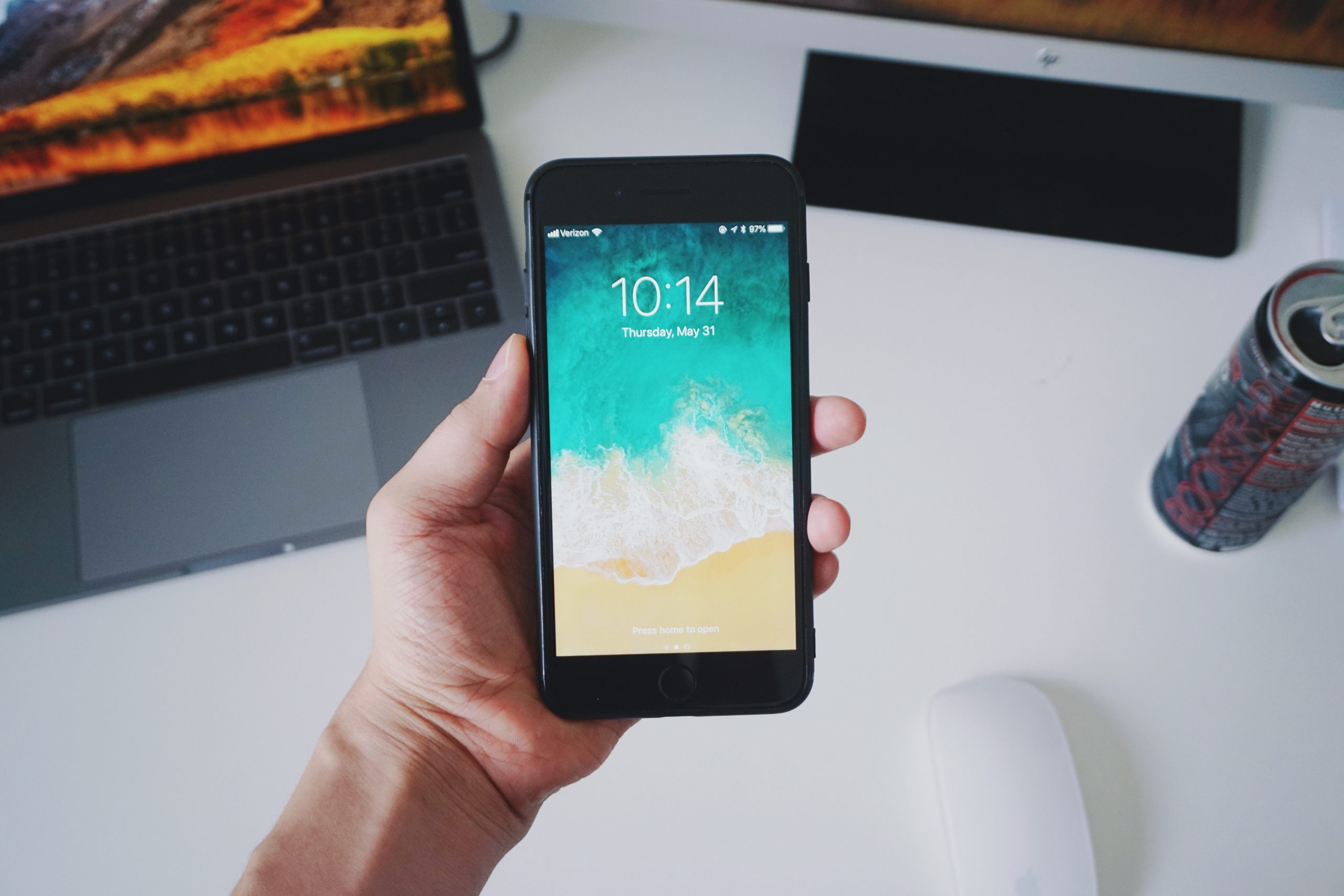- 16 August 2023
- 56
5 Things You Should Never Store in Your Smartphone

This article is designed for smartphone users who are concerned about their digital security and privacy. It’s tailored to individuals who store personal information on their smartphones and want to understand the potential risks and vulnerabilities associated with it. Readers will benefit from learning about specific items they should avoid storing on their smartphones, gaining insights into best practices for protecting their sensitive data.
The Risks of Convenience: Storing Sensitive Data on Your Smartphone
In an era where smartphones serve as virtual extensions of ourselves, it’s common to use them as digital wallets and repositories of personal information. However, the convenience comes at a cost—a heightened vulnerability to cyber threats. In this article, we unveil the five critical pieces of data you should avoid storing on your smartphone to ensure your digital security.
1. Master Lists of Passwords: A Digital Pandora’s Box
In a digital world, where each app and platform demands its own set of credentials, the temptation to store all your passwords in one place is strong. Yet, this convenience comes at a cost—a single point of failure that hackers can exploit. Keeping a master list of passwords on your smartphone can lead to a chain reaction of security breaches. Imagine if your phone gets hacked or stolen; the perpetrator gains access to your email accounts, social media profiles, and even your banking apps. But abandoning strong, complex passwords for easily remembered dictionary words is not the solution. Strong login credentials serve as your primary defense against cyberattacks. Recycling weak passwords or keeping master lists on your smartphone compromises your security. To strike a balance between security and convenience, invest in a reliable password manager. These tools securely store your username-password combinations behind an encrypted vault, requiring you to remember only one master password.

2. Your Home Address: A Vulnerable Beacon
In a digital age where information is shared with a click, revealing your home address on your smartphone might seem innocuous. However, this seemingly minor action opens the door to potential threats and dangers. Identity thieves can exploit information from your address book, billing statements, and utility bills to track your whereabouts. This is not only a breach of your privacy but also endangers your family’s safety. The consequences can range from receiving written threats to stalking or even physical intrusion. Protect yourself and your loved ones by removing files that display your home address from your smartphone. Additionally, it’s crucial to disable location services on your phone. Some social media apps inadvertently disclose your live location when you post updates, share stories, or simply go online. For example, apps like Telegram’s “People Nearby” feature notify other users within a certain radius of your location. Safeguard your privacy by taking control of your location settings.

3. Contact Numbers: Disguising Your Loved Ones’ Info
Storing contact numbers under easily recognizable labels might seem convenient, but it’s a practice that exposes you to identity theft risks. Identity thieves can impersonate you by stealing your smartphone and sending alarming messages to your contacts. By using first and last names instead of labels like “Mom,” “Dad,” or “Hubby,” you add an extra layer of security. This prevents hackers from exploiting your relationships to their advantage. By employing discreet labels, you reduce the likelihood of impersonation attacks, as the hackers won’t know how you address your friends and family members.

4. Government IDs: Balancing Convenience and Risk
In a world where convenience often outweighs caution, snapping photos of your government IDs and storing them on your smartphone might seem like a practical choice. These photos serve as identity verification in various situations, such as travel or emergencies. However, this practice poses significant risks. Identity thieves can seize this opportunity to engage in fraudulent activities, depending on the extent of the information you expose. They could potentially steal your tax returns, apply for loans in your name, or even engage in money laundering. Despite the advantages, it’s essential to weigh the convenience against the potential risks. Instead of relying solely on smartphone photos, consider safer alternatives like carrying physical copies or using secure online platforms for identity verification.

5. Logged-In Social Media Accounts: Open Doors to Intrusion
Leaving your social media accounts logged in on your smartphone is equivalent to handing over your digital identity to potential intruders. This security lapse can have severe consequences, whether your smartphone is borrowed by a friend or stolen by a thief. Unauthorized access to your social media accounts allows individuals to snoop through your personal information, messages, and interactions. The simplest step to safeguard your accounts is to log out when you’re not actively using them. However, if your work or personal life requires constant online presence, consider adding an extra layer of security. For instance, on iPhones, you can lock apps using Face ID or Touch ID, and on Android devices, you can set passwords for specific apps. These additional measures prevent unauthorized access even if your device falls into the wrong hands.

Conclusion
The convenience of storing sensitive information on your smartphone should be balanced with the potential risks it entails. By avoiding storing master lists of passwords, home addresses, recognizable contact numbers, photos of government IDs, and leaving logged-in social media accounts, you take a proactive step toward enhancing your digital security. Practicing good digital hygiene, such as using password managers, being mindful of the data you store, and employing additional security layers, empowers you to protect your personal information. Safeguarding your data not only shields you from potential financial losses but also contributes to a safer online environment. Remember, in the digital age, personal security is paramount—prioritize your digital well-being and navigate the digital landscape with confidence.

